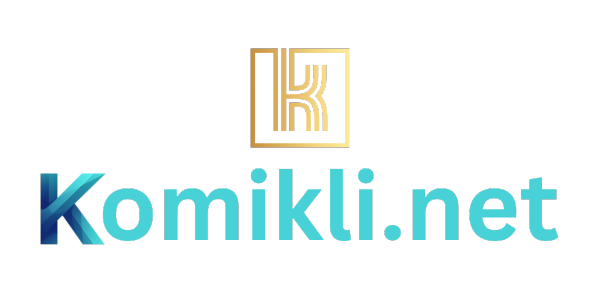ESG Integration Frameworks Explained: What Ethical Investors Need To Know

In the world of investing, ESG integration frameworks have become an essential tool for ethical investors to ensure they are investing in companies that prioritize environmental, social, and governance issues. ESG integration involves incorporating analysis of these issues into traditional investment processes.
This helps investors make better-informed investment decisions and encourages companies to consider the impacts of their operations on society and the environment. This article will explain ESG integration frameworks, their importance, and the top ESG frameworks that every ethical investor should know.
What is ESG Integration and Why Should Investors Care About It
ESG integration frameworks refer to the various methods investors can use to evaluate a company’s performance concerning environmental, social, and governance issues. ESG considerations are becoming increasingly important in the investment community as more investors demand investment portfolios aligning with their ethical and sustainability priorities.
Not only can ESG integration frameworks help ethical investors to ensure their investments reflect their values, but research has also shown that companies with strong ESG performance tend to have better long-term financial outcomes.
Different Types of ESG Frameworks and How They Measure Ethical Performance
Different ESG integration frameworks include exclusionary screening, best-in-class investing, and thematic investing. Exclusionary screening excludes companies or industries that harm society or the environment from an investment portfolio.
Best-in-class investing focuses on investing in companies with the most robust ESG performance in their respective industries. Thematic investing involves investing in companies that address specific environmental, social, and governance issues.
The Benefits of Portfolio-Level ESG Integration for Investors
The benefits of portfolio-level ESG integration for investors are numerous. First, ESG integration frameworks allow investors to identify and avoid companies that pose a financial risk due to their ethical and environmental practices. For example, companies that have been fined for environmental damages may be at risk of losing revenue due to future fines or litigation.
Investors can protect their portfolios from financial harm by identifying and avoiding these companies. Furthermore, portfolio-level ESG integration can help investors reduce risk by identifying companies that have weak governance structures, which may pose a risk to their long-term financial performance.
Considerations for Selecting the Right ESG Framework
When selecting the right ESG integration framework for investment, investors should consider their own risk tolerance, values, and investment goals. Some ESG frameworks may be better suited for certain investors or investment strategies. Additionally, investors should choose ESG frameworks with a proven track record of delivering results.
The Power And Importance Of ESG Integration Frameworks In Ethical Investing: In Conclusion
In conclusion, ESG integration frameworks should be an essential part of investment strategies for ethical investors. Using ESG integration frameworks, investors can make informed decisions and help ensure their investments contribute to a more sustainable future for all.
Selecting the right ESG framework requires careful consideration of investment goals, values, and risk tolerance. Furthermore, the successful implementation of an ESG framework requires a robust strategy that includes goal-setting, communication, and ongoing monitoring. With a mindful investment strategy, we can all play our parts in prioritizing important issues to help make the world a better place.




